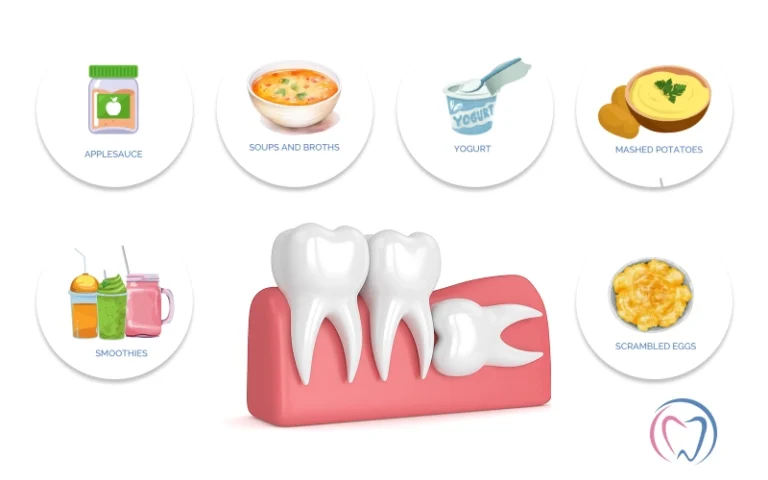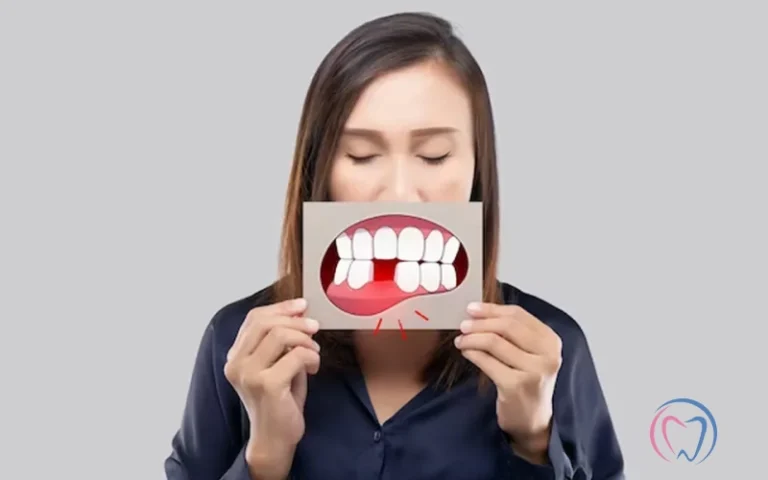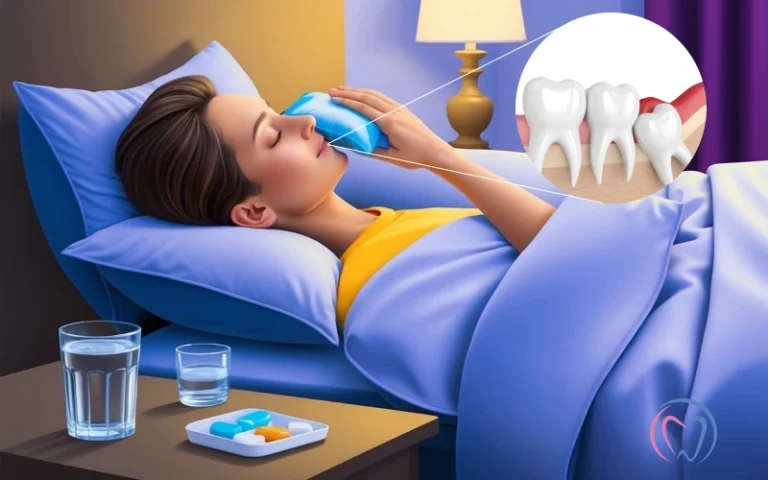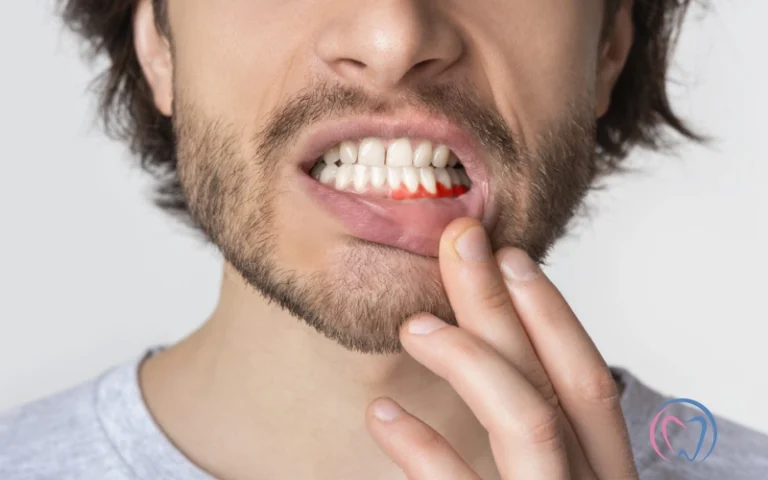Sensitive teeth can lead to significant discomfort, making activities such as eating or drinking a challenge. Understanding the underlying causes and becoming familiar with effective treatment and preventive measures can aid in managing and possibly eliminating this issue.
Based on my experience, I have created a comprehensive guide on how to address sensitive teeth and prevent their recurrence.
What is tooth sensitivity?
Tooth sensitivity is also referred to as dentine hypersensitivity, which is the result of the protective enamel on your teeth wearing down or the gums receding, exposing the underlying dentine.
Dentine consists of small tubules that lead to nerve endings. When these tubules are exposed, they have the potential to react to external stimuli, leading to pain or discomfort.
Causes of tooth sensitivity
- Enamel erosion – Acidic food and drinks, like citrus fruits, soda and wine can cause enamel erosion over time, resulting in sensitivity.
- Gum recession – The tooth roots can become exposed due to gum recession caused by gum disease or brushing too hard.
- Dental procedure – Temporary increasing sensitivity can be caused by recent dental work, such as fillings or whitening treatments.
- Brushing habits – Using a hard-bristled toothbrush or brushing aggressively can wear down enamel and cause gum irritation.
Effective treatments for sensitive teeth
- Desensitising toothpaste – Components found in desensitising toothpaste help to block sensation transmission from the tooth surface to the nerve. Using ingredients like potassium nitrate and stannous fluoride can lead to a reduction in sensitivity over time. It’s essential to use those toothpastes consistently for the best results.
- Fluoride treatments – By using these treatments, enamel can be strengthened and tooth sensitivity can be reduced. As I know your dentist may suggest either professional fluoride treatments or fluoride gels that can be used at home.
- Dental sealants – Your dentist might apply a sealant to the sensitive areas of your teeth. These sealants function as a barrier, defending the exposed dentine and minimising sensitivity.
- Gum graft surgery – If gum recession is severe, a gum graft may be necessary. To perform this procedure, you must either remove gum tissue from another area of your mouth or use donor tissue to conceal exposed tooth roots.
- Avoid acidic foods and beverages – To prevent further erosion of enamel, it’s important to avoid acidic foods and beverages. Rinsing your mouth with water after taking acidic substances can help neutralise acids.
- Use of soft-bristled toothbrush – Brush gently with a soft-bristled toothbrush. Sensitivity can be worsened by the use of hard bristles and aggressive brushing.
- Mouthguards – If you grind your teeth at night, a custom-fitted chin guard can prevent further enamel wear and decrease sensitivity.
To prevent sensitive teeth
- Maintain good oral hygiene – Regular brushing with fluoride toothpaste and flossing can help prevent gum disease and enamel erosion. Use gentle, circular motions when brushing to avoid gum damage.
- Regular dental checkups – Make sure to visit your dentist regularly for professional cleaning checkups. Based on my experience your dentist has the ability to spot early signs of enamel erosion or gum recession and offer treatment to prevent further problems.
- Proper diet – To maintain a proper diet, it’s important to have a balanced diet and limit your intake of sugary and acidic foods. Calcium and vitamin D-rich foods are important for supporting strong teeth and gums.
- Drink plenty of water – Drinking water throughout the day can help wash food particles and acids that may contribute to enamel erosion.
- Use a desensitising mouthwash – Consider using a mouthwash that is designed to desensitise your teeth. The use of these mouthwashes can assist in reducing sensitivity and preventing cavities.
- Avoid excessive whitening treatments – Be cautious about using too many whitening treatments. If you experience pain, talk to your dentist about alternative whitening methods or products that are designed for sensitive teeth.
- Be mindful of tooth grinding – Be alert to tooth grinding. If you believe you are grinding your teeth, address it as soon as possible. Regular dental evaluations, bite guards and stress reduction techniques can assist in managing and reducing teeth grinding.
So sensitive teeth can be managed effectively with the right treatments and preventive measures. Understanding the causes of tooth sensitivity and implementing strategies to address it can significantly reduce discomfort and enhance your overall dental health.
Preventing and managing sensitive teeth requires incorporating a consistent oral care routine, seeking professional advice and making informed lifestyle choices. By taking proactive steps, you can enjoy a more comfortable and pain-free experience while maintaining a healthy and vibrant smile.







